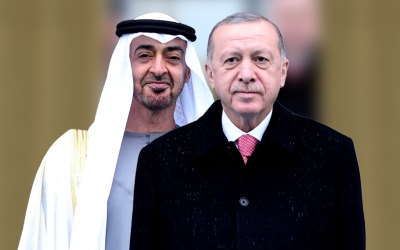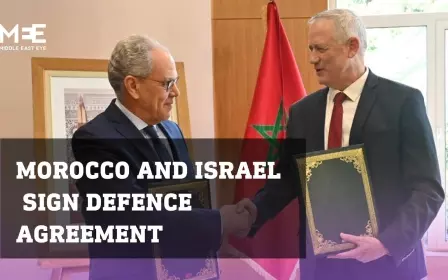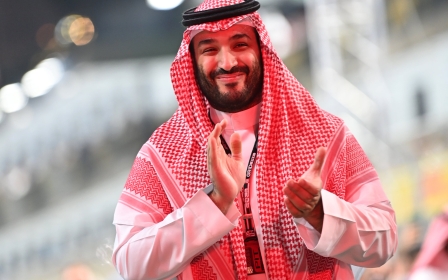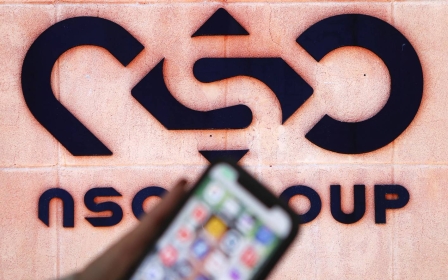Arabic press review: Israel acquires part-ownership of Moroccan energy company
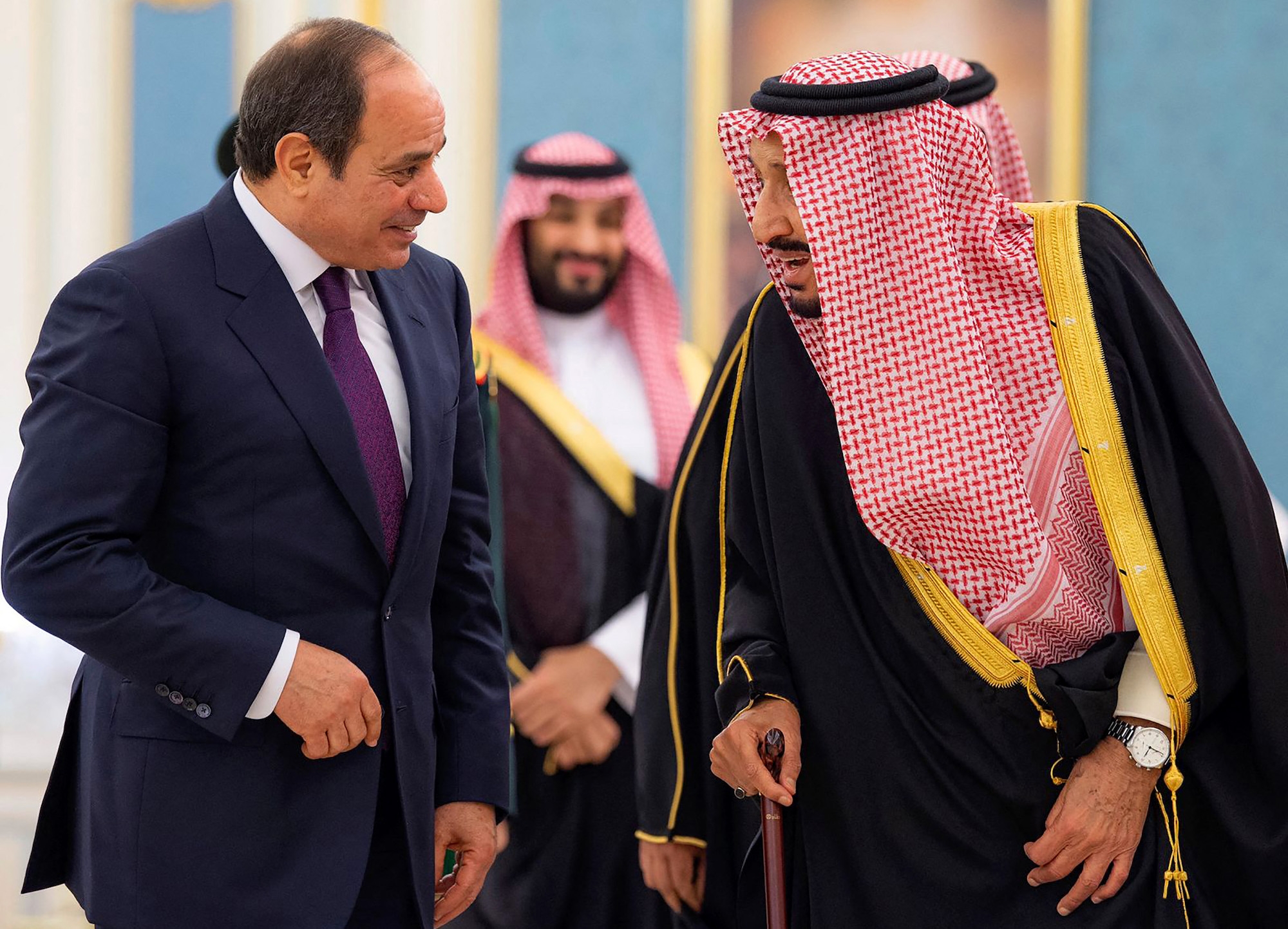
Israel-Morocco energy deal
Israel has acquired part-ownership of a Moroccan energy company, as development initiatives continue between the two countries.
The Israeli ambassador to Morocco, David Govrin, confirmed on Twitter that a "huge deal" had been signed between the two nations, through which Israel’s Marom Energy will take over 30 percent of the shares of Morocco’s Gaia Energy.
"This deal will enable the Moroccan company to invest $1.2 billion in the field of renewable energy," Govrin said, calling the move “a precedent in the field”.
The announcement comes more than a year after Israel and Morocco resumed diplomatic relations, which had been halted in 2000 after the outbreak of the Second Palestinian Intifada, a period of violence between 2000-2005 that led to the deaths of nearly 5,000 people, mostly Palestinians.
New MEE newsletter: Jerusalem Dispatch
Sign up to get the latest insights and analysis on Israel-Palestine, alongside Turkey Unpacked and other MEE newsletters
In December 2020 Morocco signed normalisation deals with Israel, following other Arab states, including the United Arab Emirates and Bahrain.
On 21 February Morocco signed an economic agreement with Israel, which aims to enhance bilateral trade cooperation and joint investments.
Jordanian journalists sign free speech statement
Journalists in Jordan are calling for the government to halt its crackdown on freedom of expression, following two incidents of opinion-related arrests.
More than 175 journalists and media professionals signed a statement condemning the increasing "cases of deprivation of liberty that journalists have been subjected to, due to judicial complaints submitted against them," according to Assabeel newspaper.
The statement was made after the arrest of two journalists, who were detained after complaints were made about Twitter posts which contained their personal opinions. In the first incident, a female Jordanian journalist was arrested on her arrival at Queen Alia International Airport. On the following day, another journalist was arrested at the airport on his arrival from London.
Authorities released the two journalists hours after their detentions, but the incidents sparked a wave of anger among media professionals in the country.
'…there is an organised campaign, which aims to intimidate journalists, push them to remain silent, and restrict the freedom of expression…'
– Joint statement
"What happened during the past days indicates that there is an organised campaign, which aims to intimidate journalists, push them to remain silent, and restrict the freedom of expression," the joint statement said.
"In the bicentenary of the Jordanian state, it should not be invoked that the matter is related to cases filed, although we acknowledge the right to litigate within the state ruled by law.
“However, the procedures and measures violate human rights, and include breaches, most notably of which is the deprivation of liberty, which cannot be tolerated,” the statement added.
The signatories to the statement called on the government and the judicial authority to quickly stop the measures of "immediate arrests" of journalists, and to agree on procedures that preserve people's dignity, without exposing them to abuse and violation of their rights.
In their statement, journalists also highlighted the need to expedite the amendment of legislation in a way that guarantees the abolition of all legal texts that allow arrest and detention in cases of expression and media.
Egypt seeks alliance with Saudi Arabia
Egyptian President Abdel Fattah el-Sisi is actively “seeking to form an Egyptian-Saudi alliance” to secure Egypt’s interests in the region, according to diplomatic sources.
During Sisi’s visit to Saudi Arabia last Tuesday, there were discussions about Turkey and Iran’s roles in the Arab region, the London-based Al-Araby Al-Jadeed newspaper reported.
According to the newspaper, diplomatic sources claimed that Sisi was keen to work with the Saudis to encounter the “Turkish-Emirati alliance”, which targeted Egyptian interests in several areas such as Libya, the Horn of Africa, Sudan and the Grand Ethiopian Renaissance Dam.
The sources added that there was consensus between Riyadh and Cairo to establish partnership and collaboration in the region, especially at a time when Saudi Arabia has no wish to resume relations with Turkey.
Turkey, at odds with several regional powers as well as its western allies over various issues, launched a regional charm offensive last year. But efforts to build bridges with Egypt and Saudi Arabia have so far yielded little visible improvement.
“The talks between Sisi and the Saudi Crown Prince Mohammed bin Salman Al Saud touched upon putting pressure on Ankara during the upcoming period by raising claims relating to its presence on Arab lands,” the sources said. Furthermore, Egypt "requested to put pressure on Turkey regarding its dealing with the Libyan crisis,” the sources added.
The Saudi crown prince also raised the possibility of holding a tripartite summit in Saudi Arabia with Turkish President Recep Tayyip Erdogan, a notion Egypt did not reject, the sources said.
The two sides also touched on assistance to alleviate Egypt’s severe economic crisis, as well as the Russian invasion of Ukraine.
*Arabic press review is a digest of news reports not independently verified as accurate by Middle East Eye
Middle East Eye delivers independent and unrivalled coverage and analysis of the Middle East, North Africa and beyond. To learn more about republishing this content and the associated fees, please fill out this form. More about MEE can be found here.


